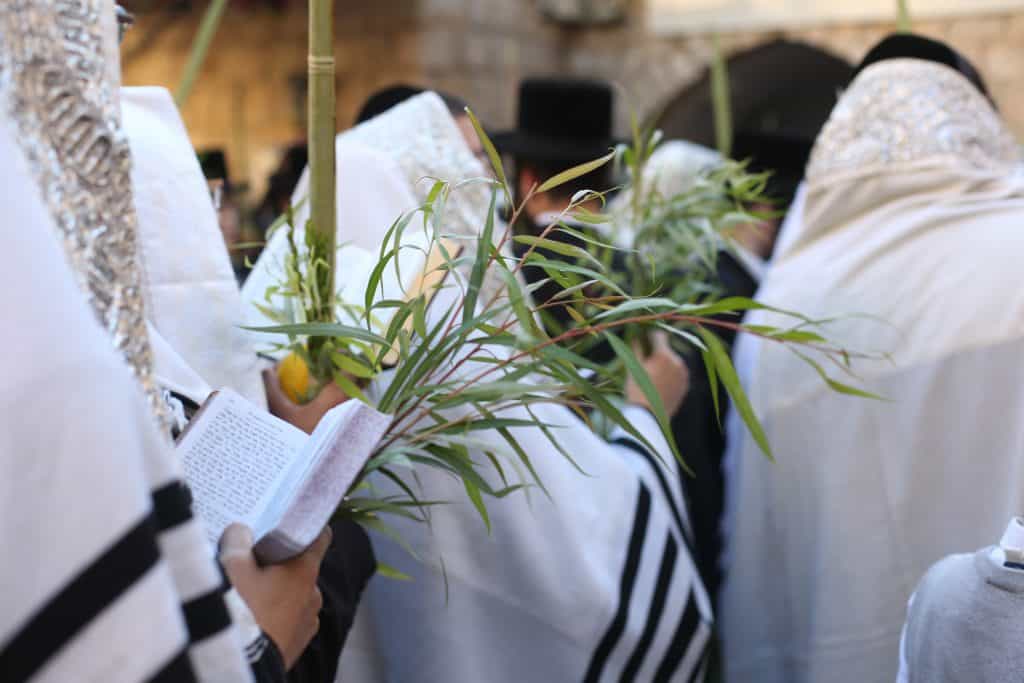Shavuot, also known as the Feast of Weeks, is a significant Jewish holiday that occurs precisely seven weeks, or 50 days, after Passover. It holds a central place in the Jewish calendar, as it commemorates the giving of the Torah, the sacred laws and teachings, to the Israelites at Mount Sinai. Furthermore, Shavuot is a time of spiritual reflection, study, and joyful celebration, and it is marked by various customs and traditions that emphasize the themes of learning, gratitude, and unity.
The Significance of Shavuot
The Giving of the Torah: Shavuot celebrates the momentous event at Mount Sinai when God bestowed the Torah upon the Israelites, creating a covenant between God and the Jewish people. The Torah encompasses the first five books of the Hebrew Bible and serves as the foundation of Jewish law, ethics, and religious practice.
The Jewish Calendar

The Agricultural Connection: In ancient times, Shavuot had an agricultural aspect, marking the wheat harvest. Jews would bring the first fruits of their harvest as an offering to the Temple in Jerusalem, emphasizing the connection between nature, sustenance, and the divine teachings of the Torah.
Customs and Traditions
All-Night Torah Study: One of the most enduring customs of Shavuot is the Tikkun Leil Shavuot, an all-night study session. Jewish communities come together to study, discuss, and gain a deeper understanding of the Torah and its significance in their lives.
Dairy Foods: Dairy foods like cheesecakes and blintzes are traditionally consumed on Shavuot. The reasons for this vary, but one interpretation is that dairy represents the pure spiritual nourishment of the Torah, similar to the “milk and honey” promised to the Israelites in the land of Israel.
Synagogue Decorations: Synagogues are often adorned with greenery and flowers to symbolize the blossoming of Mount Sinai at the time of the giving of the Torah. The custom signifies the natural world’s connection to the divine revelation.
Confirmation and Conversion: Shavuot is a customary time for confirmations and conversions in some Jewish denominations, as it aligns with the themes of receiving Jewish education and joining the Jewish community.
Reading the Book of Ruth: The Book of Ruth is read during the Shavuot celebration. It tells the story of Ruth, a Moabite woman who converted to Judaism and became the great-grandmother of King David. Her story embodies the themes of devotion, acceptance, and connection to the Jewish people.
Purim

StateofIsrael, CC BY 2.0, via Wikimedia Commons.
Conclusion
Lastly, Shavuot is a holiday that emphasizes the enduring relevance of the Torah in the lives of Jewish people. It underscores the importance of study, learning, and the transmission of knowledge from one generation to the next. Ultimately, Shavuot also serves as a reminder of the profound spiritual and ethical teachings contained in the Torah and the ongoing covenant between the Jewish people and God. It is a time for communal joy, gratitude, and the renewal of commitment to living by the values of the Torah.







